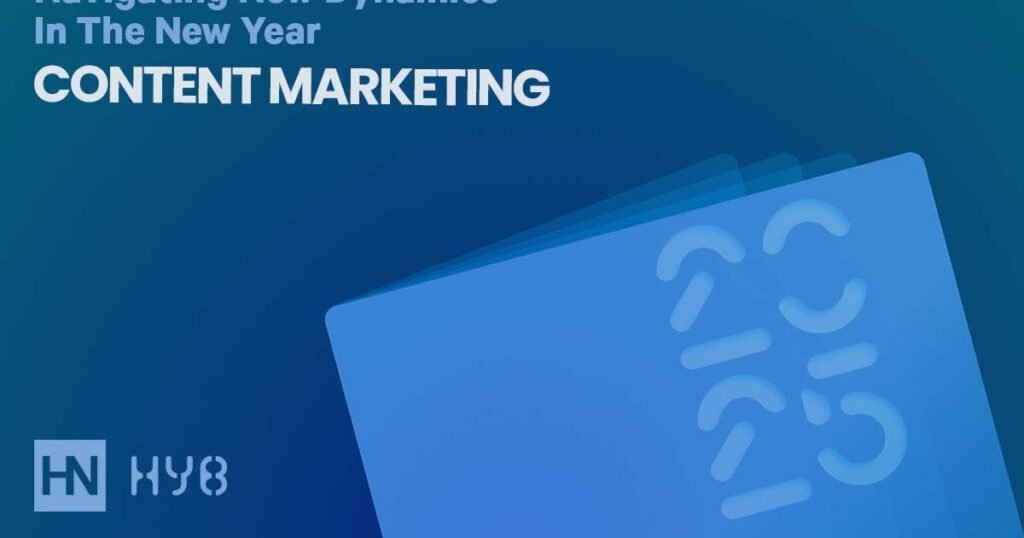Content marketing has long been the “anti-marketing” tool for astute marketers. In a world where ads are ignored, phone calls go unanswered, and emails go straight to the spam folder, sharing helpful content allows brands to engage target audiences without overtly promoting products.
For hotels, this means creating content that inspires travelers to explore your destination and plan trips. When optimized for search engines, such content can enhance your hotel’s visibility in search results and drive qualified traffic to your website.
However, artificial intelligence (AI) is transforming how content is created, discovered, and consumed online. As we head into 2025, AI presents new opportunities for hoteliers who rely on content marketing to drive traffic and bookings.
The Changing Landscape of Digital Marketing
AI is reshaping the digital marketing environment in significant ways. Here are three trends hospitality markers should watch:
- Organic website traffic is declining. AI Overviews are pushing organic links even further down Google search results, leading to fewer clicks to websites. According to SparkToro, nearly 60% of Google searches in 2024 resulted in zero clicks—a trend that is expected to accelerate in 2025.1
- Travel planners are using AI chatbots. A survey by Oliver Wyman found that 41% of leisure travelers have recently used generative AI tools for travel inspiration or itinerary planning, with 82% likely to use them again.2 Soon, AI agents will move beyond inspiration to booking and managing entire trips.
- Social media algorithms are shifting. Platforms like YouTube, Instagram, and TikTok are major gatekeepers to travel content, and the rules of engagement are changing. AI-powered algorithms now prioritize content based on user interests rather than follower networks, fundamentally altering how audiences discover and engage with content.
How Can Hotels Leverage AI in Content Marketing?
As AI-driven tools play an increasingly prominent role in how travelers discover destinations and plan their journeys, hotels that fail to adapt risk losing visibility, engagement, and direct bookings.
However, early adopters of AI-optimized content strategies can gain a competitive edge. Here are six strategies to guide your content efforts in 2025:
Optimize Content for AI Platforms
AI optimization (AIO) is the next evolution of SEO. While the inner workings of generative AI tools like ChatGPT and Gemini remain opaque, they appear to prioritize high-quality, credible content from trustworthy sources. To increase your chances of being featured in responses, focus on creating content that meets these standards.
Prioritize Authenticity
Synthetic content and “AI slop”—generic, low-quality AI-generated content—are flooding the internet. Stand out by producing authentic, human-created content infused with local expertise and storytelling. Highlight the unique aspects of your property and destination with insider tips and compelling narratives that AI tools struggle to replicate.
Answer Travelers’ Questions
Structure your content around the prompt-response model used by AI chatbots. Use common traveler queries as headings and provide clear, concise answers that improve upon the information already available. Update FAQ pages, web pages, and blog posts with answers to questions about your property, destination, and local attractions.
Use a Conversational Tone
AI chatbots rely on natural language, not keyword density. Write content that is conversational yet professional, focusing on helping travelers plan unique and memorable trips. For greater credibility, separate branded promotional content from materials designed to assist and inform travelers.
Use AI to Enhance Content
According to a global survey by h2c, 31% of hotel chains already use AI for content creation, and 27% plan to do so soon.3 Use AI tools as an assistant, not a replacement, to support brainstorming, research, outlining, and refining drafts. This approach not only saves time but also enhances the quality and effectiveness of your content.
Align Content with Guest Preferences
AI powers tools for data aggregation, customer segmentation, and sentiment analysis. Use these insights to craft personalized content that resonates with guests at critical touchpoints throughout the customer journey. On social media, align posts with guest interests to engage both followers and non-followers effectively.
Adapting to the Evolving AI Landscape
The rapid pace of AI innovation means hotel marketers must remain agile, experimenting with new strategies, evaluating results, and making data-driven adjustments.
By integrating AI into your content strategy, your hotel will be well-positioned to seize emerging opportunities as AI tools become more integral to travel planning and booking.
Even if AI’s long-term impact on travel turns out to be overhyped, these efforts will still boost your SEO performance. High-quality, helpful content will always be in demand—because, at its core, content marketing is about building trust and delivering value.
1. SparkToro. 2024 Zero-Click Search Study. July 2024.
2. OliverWyman. Why Generative AI Is a Game-Changer for Leisure Travel. March 2024.
3. h2c. 2024 Direct Booking Acceleration Study. 2024.
Daniel Edward Craig
reknown.com
+1 604 726 2337
Reknown Marketing




